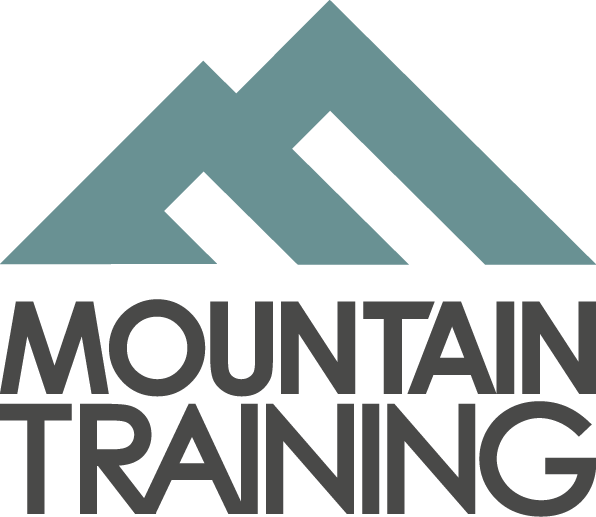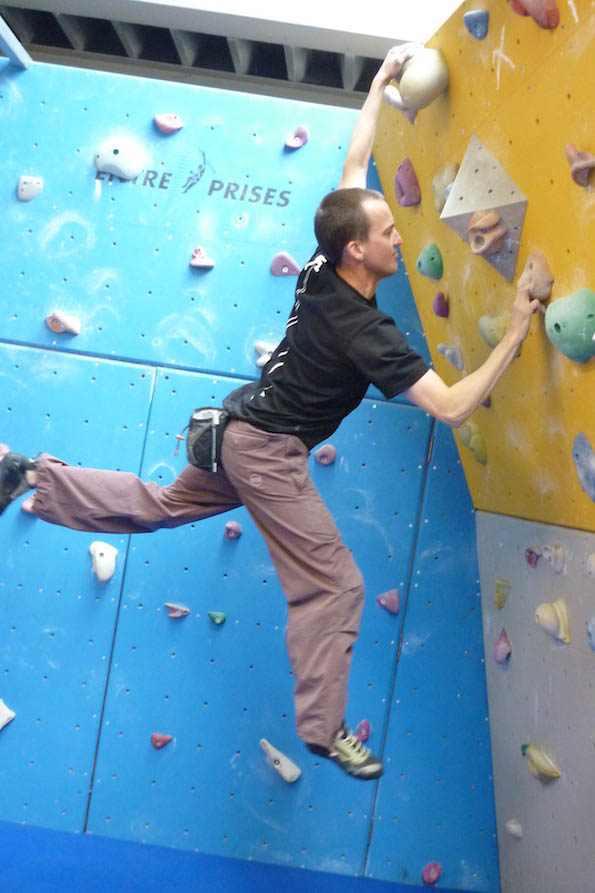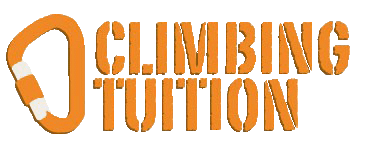MOUNTAIN TRAINING QUALIFICATION Course
Climbing Wall Instructor – Training
2-day CWI training course

Climbing Tuition is a Mountain Training provider.
To inspire, enable and develop.
Course Overview
The Climbing Wall Instructor (CWI) qualification trains and assesses candidates in the skills required to supervise climbers on purpose-built artificial climbing walls and boulders. There is also an optional Abseil Module which is all about supervising abseiling on artificial structures. Please ask for more details on the Abseil Module. The Climbing Wall Instructor qualification does not include the skills and techniques required to teach lead climbing. To teach lead climbing you will need the Climbing Wall Development Instructor qualification.
WHO IS IT FOR?
The Climbing Wall Instructor qualification is ideal for people who work at climbing walls or at venues with permanent or mobile climbing towers.
COURSE FORMAT
Day 1
- Introductions and background
- Arrival and registration at the climbing wall
- Introduction of the CWI course, Mountain Training pathways, candidates introduction
- The Climbing Wall Instructor scheme in context – its aims and structure of the scheme, where does it fit with other MT schemes
- Climbing wall and Climbing Wall Etiquette
- Being aware of personal responsibilities whilst using the climbing wall. Responsibility to your clients, to your colleagues, to parents, to other climbers and non-climbers
- Hazard identification and reduction
- Identification of suitable parts of the climbing wall in respect of the sessions you are running
- Climbing Equipment
- Look at many different types of climbing equipment, discuss pros and cons of different makes and types of equipment. How to recognise faulty equipment and how to check if equipment is fit for purpose.
- Different types of harnesses, helmets, belay devices, karabiners, climbing shoes and other climbing related equipment
- Teaching knots workshop
- Different ways to teach knots depending on who we teach
- Different ways people learn
- Teaching belaying workshop
- Setting up the belay, different belay techniques, partner communication, lowering,
holding falls, buddy check.
- Setting up the belay, different belay techniques, partner communication, lowering,
- Top roping workshop
- Here candidates will get an opportunity to try a selection of different belay devices whilst climbing and belaying each other. A selection of mechanical, geometrical and assisted belay devices will be available to try. Open discussion regarding pro and cons of each belay device.
- Personal lead climbing skills
- Efficient and correct clipping
- Efficient and safe belaying with selection of belay devices
- Leading minimum French grade 4+
Day 2
- Introduction to warm up
- Candidates will be asked to prepare and deliver warm up games
- Importance of warm up\Non climbing warm up games
- Warm up games incorporating climbing wall
- Introduction to bouldering
- (Candidates will be asked to prepare and deliver short bouldering session teaching a climbing technique of the choice)
- Importance of briefing
- Climbing techniques
- Climbing vocabulary, name of different types of holds and moves
- Organising Groups
- Effective pre-planning of group sessions
- Session plan preparation
- Assessing abilities within the group and thereby setting appropriate aims for the session
- Dynamic risk assessments and ability to change the session accordingly to the needs of the group
- Managing Groups whilst rope climbing
- Welcoming groups and introducing them to the session in a positive way
- Inspiring the group to want to climb
- Setting shared objectives
- Choice and correct fitting of equipment
- Safe guarding and child protection
- Choice of belay devices
- Managing different types of session
- Effective supervision
- Prevention is better than cure and introduction to problem solving
- How to prevent accidents or incidents from happening
- Scenarios and how to solve a problem which occurred
- Ground Anchors
- Importance of ground anchors
- When and how to use them
- Different types of ground anchors
- Auto-belays
- Introduction to Auto-belays
- What to do and what not to do when using auto-belay
- What to do next
- How to prepare for the assessment
DAtes & Booking
| Date Monday 18 & Tuesday 19 March, 2024 (2 days) |
Price £165 per person |
| Location The Castle (map) and The Reach Climbing Walls- London (map) |
| Date Thursday 9 & Friday 10 May, 2024 (2 days) |
Price £165 per person |
| Location The Castle (map) and The Reach Climbing Walls- London (map) |
| Date Monday 9 & Tuesday 10 September, 2024 (2 days) |
Price £165 per person |
| Location The Castle (map) and The Reach Climbing Walls- London (map) |
| Date Monday 16 & Tuesday 17 December, 2024 (2 days) |
Price £165 per person |
| Location The Castle (map) and The Reach Climbing Walls- London (map) |
BOOK YOUR COURSE
If you have any questions or would you like to book directly then please use the form below and we’ll get right back to you as quickly as we can.
Further Information
COURSE FAQs

